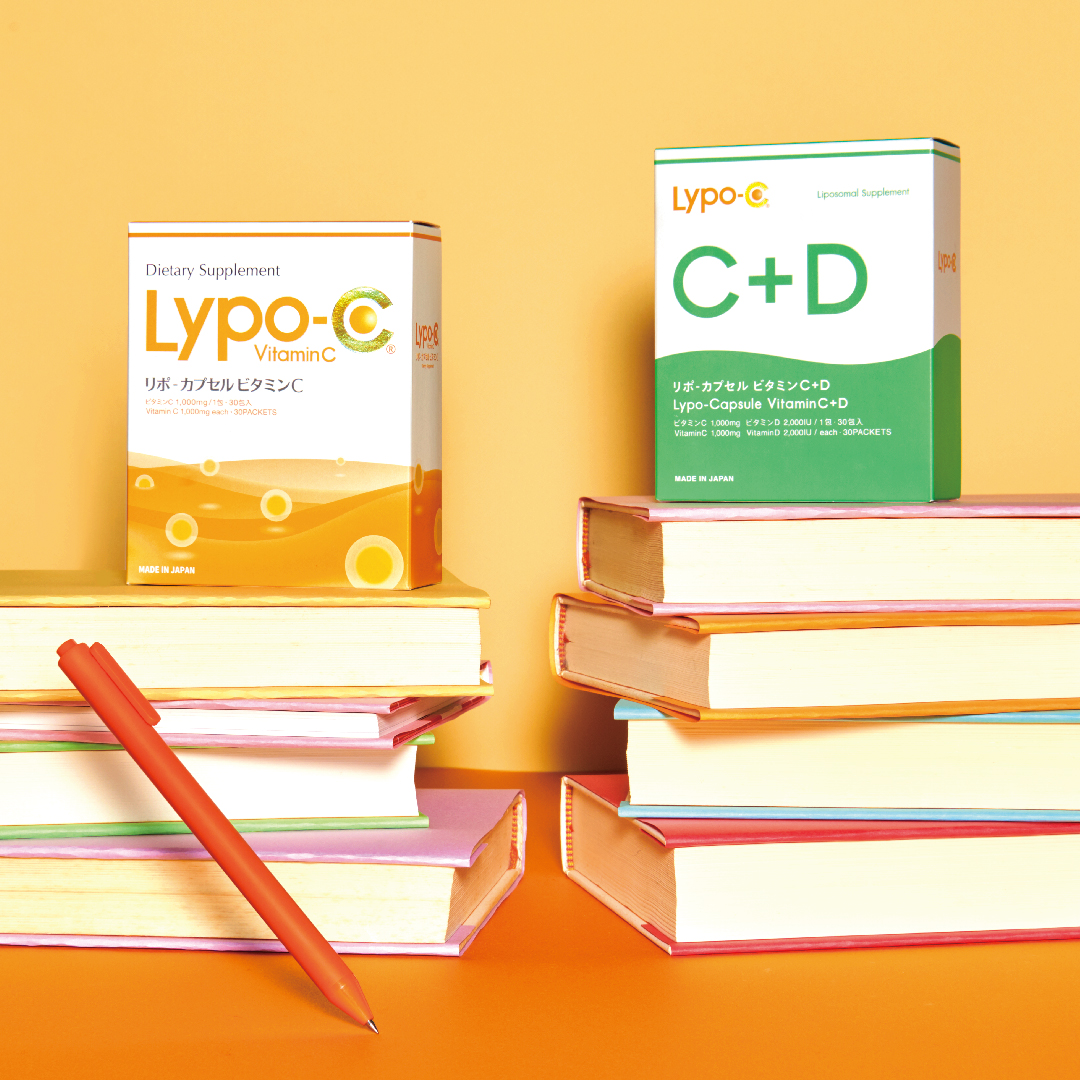
Measures and food choices to speed up skin recovery after sunburn caused by UV rays
SUMMARY
- What foods can help your skin heal faster after sunburn?
- ・Eating habits to keep your skin healthy
- How to protect your skin from UV rays
- - Effective measures and care methods to quickly recover skin after sunburn
- ·summary

Even if you take proper precautions against UV rays, you can still get sunburned.
In this article, we will explain the measures and food choices you should take to help your skin recover from sun damage as quickly as possible.
What foods can help your skin heal faster after sunburn?
Here we will introduce foods that you should eat and foods that you should avoid after getting a sunburn.
The key to speeding up the recovery of sunburned skin is to eat foods that have antioxidant properties. We will explain what foods have antioxidant properties and the importance of hydration.
Antioxidant- rich foods
To treat sunburned skin from the inside, green and yellow vegetables that are rich in carotenoids, which have antioxidant properties, are effective. Eat spinach, carrots, pumpkin, etc. As for fruits, citrus fruits, papaya, persimmon, watermelon, etc. are recommended.
Also, it is a good idea to eat lots of tomatoes, as the lycopene contained in tomatoes has antioxidant properties and helps suppress the production of melanin.
It is known that minerals also have antioxidant properties, so be sure to eat plenty of seaweed, seafood, nuts, natto, and other foods that are rich in minerals.
After sunburn, it is best to avoid foods high in sugar or fat, drinks high in caffeine, and alcoholic beverages, as these may slow down the healing process of your skin.
The importance of staying hydrated
Water plays an important role in healing sun-damaged skin, and by keeping your body well hydrated, your skin will stay hydrated.
In addition, water helps flush out accumulated lipids and improves blood flow. This improves basal metabolism, which in turn helps flush out excess salt and helps prevent diabetes and high blood pressure.
If your body weight after exercising drops by 2% or more compared to before exercising, you may be suffering from dehydration, which can decrease your stamina and judgment, and increase your risk of heatstroke.
After exercise, be sure to hydrate properly.
Dietary habits to keep your skin healthy
Here we take a look at dietary habits that will help keep your skin healthy, including what foods to eat and when to eat them.
Breakfast and daytime meals
When you start your day with breakfast, make sure to consume plenty of nutrients that will help prevent sunburn caused by ultraviolet rays.
One nutrient worth paying particular attention to is lycopene. It has the ability to remove active oxygen produced by exposure to ultraviolet rays, so taking it in the morning is effective in preventing sunburn. It is also effective in recovering sunburned skin, so we recommend actively incorporating it into your diet.
Tomatoes are well known as foods rich in lycopene, but carrots, watermelons, and papayas are also rich in it. It is easier to absorb when cooked than when eaten raw, so it is best to eat it in soup or sauce.
Tips for eating before going out
If you think you might get sunburned after spending a long time outside, it is recommended that you take vitamin C in your meal before going out. Vitamin C has antioxidant properties and suppresses the active oxygen produced by ultraviolet rays.
Strawberries are rich in vitamin C and easy to eat. Eat about five at the end of your meal before going out. If you remove the stem and then soak them in water, the vitamin C will wash away, so wash them with the stem. The vitamin C content decreases when heated, so eat them raw.
Other foods rich in vitamin C include acerola, kale, and bell peppers.
Tips for eating after sunburn
Pay attention to your diet after sunburn. If you feel like you've gotten sunburned, it's recommended that you take vitamin E. It promotes blood circulation and activates metabolism, which is effective in recovering from sun damage.
Foods that are high in vitamin E include almonds, other nuts, grains, and edamame.
Vitamin A, which has antioxidant properties, boosts immunity, and moisturizes the skin, also protects skin weakened by sunburn.
Foods rich in vitamin A include carrots, pork and chicken liver, and seafood such as cod and eel.
How to protect your skin from UV rays
Let's take another look at how to protect your skin from UV rays. We will explain the damage that UV rays cause to the skin, measures to prevent sunburn, and how to care for your skin after sunburn.
Damage to the skin caused by ultraviolet rays
There are three types of ultraviolet rays: UV-A, UV-B, and UV-C. However, since UV-C does not reach the ground, we only need to be careful of UV-A and UV-B.
UV-A is ultraviolet light that reaches the ground without being affected by the atmosphere. It has a lesser effect on the human body than UV-B, but it penetrates deep into the skin and causes wrinkles and sagging.
UV-B rays are mostly absorbed in the stratosphere, so only a small amount reaches the ground, but they have a significant effect on the skin and are the main cause of sunburn and age spots.
Exposure to either type of ultraviolet light produces active oxygen, which not only causes rough skin but also leads to skin aging and a weakened immune system.
Measures to prevent sunburn
The first thing that comes to mind when thinking about how to prevent sunburn is external protection: applying sunscreen thoroughly and using a parasol to protect your skin.
Wearing sunglasses is also effective in preventing sunburn. It doesn't just protect the eyes themselves. When ultraviolet rays hit the eyes, the human body judges the sunlight to be too strong and begins to produce melanin. Protecting the eyes from ultraviolet rays suppresses the production of melanin and prevents sunburn.
In addition to taking external sun protection measures, consuming a diet rich in vitamins A, C, E and lycopene, as mentioned above, will help prevent sunburn from both the inside and outside of your body.
If you get sunburned
No matter how much you protect yourself from the sun, you may still get a sunburn. In such cases, you should take care to restore your skin to its original state as quickly as possible. The basics of care are "cooling," "moisturizing," "replenishing moisture and nutrients," "skin care," and "sleep."
The effects of ultraviolet rays are thought to be the main cause of skin aging, so be sure not to neglect after-sun care.
Effective measures and care methods to quickly recover skin after sunburn
There's no need to give up if you get sunburned. Depending on how you care for your skin after sunburn, it's possible to help your skin recover quickly.
Let us explain two particularly important points from the basics of care mentioned above.
First, cool down
If you experience redness, heat, or pain due to sunburn, your skin is inflamed. In other words, it is a mild burn. In such cases, you need to cool down, so wrap a towel or cloth soaked in cold water around an ice pack or a plastic bag filled with iced water to cool the sunburned skin.
Once your skin has cooled down and the heat has subsided, moisturize with a mild lotion or serum. Avoid peeling or massaging your skin for a while, as these can be too harsh for sunburned skin.
● The key is to improve your diet and lifestyle habits
Taking care of your body from the inside out starts with improving your diet and lifestyle.
The key to improving your diet is to actively incorporate nutrients with antioxidant properties and nutrients that inhibit melanin production, as well as to drink plenty of water.
We recommend taking vitamins A, C, E, and lycopene. You can get these not only from food, but also through supplements.
When it comes to improving your lifestyle, sleep is the most important thing. Quality sleep helps to secrete growth hormone, increases metabolism, and promotes the turnover of damaged skin.
Instead of trying to catch up on sleep, try to get a good quality sleep every day.
summary
When it comes to protecting yourself from the sun, it is important to take preventative measures before you get sunburned and to take care of your skin after you get sunburned. We recommend taking measures from both the inside and outside of your body.
Even if you get sunburned, don't give up and take good care of your skin to help it heal faster.
Article supervision

Aloha Saori, Director of Jiyugaoka Clinic
Saori Todo Teacher
Aloha Saori Jiyugaoka Clinic
Graduated from the Faculty of Medicine at Nippon Medical School. After training at Nippon Medical School Musashi-Kosugi Hospital, he joined the Department of Nephrology.
After that, he served as director of Zenjikai Maruko Clinic for 10 years.
She currently runs Aloha Saori Jiyugaoka Clinic, which offers internal medicine, dermatology, and cosmetic dermatology.








